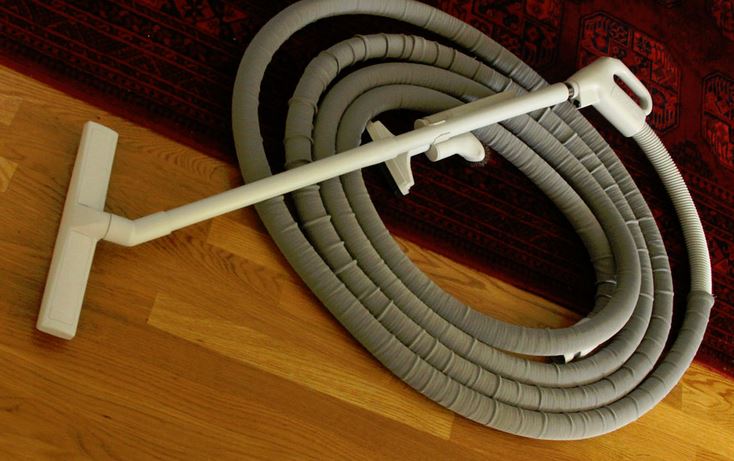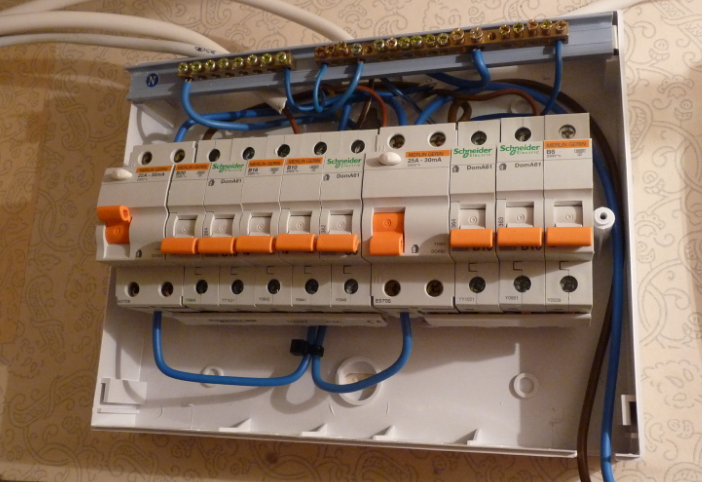The septic tank is the main component of an onsite household sewage treatment system. When a septic tank is not pumped regularly, wastewater can overflow into the drain field and contaminate soil and water. A septic tank separates sewage waste into three layers: sludge, scum, and liquid effluent. Bacteria in the septic tank break down these layers and liquefy the liquid effluent for filtration into the soil.
Prevents Damage
Having a regular septic tank pumping schedule keeps the septic tank from overflowing and pushing waste into the drain field. Regular septic tank draining Orlando, FL, is crucial for a septic system to prevent clogs and backups. Aim for every 3-5 years, depending on usage and tank size. This removes built-up sludge and scum, ensuring your system runs efficiently and you don’t end up with an unpleasant overflow. A full septic tank also prevents wastewater from being properly processed in the absorption field. This leads to a wet, smelly lawn and drain backups. Avoid putting chemicals down sinks or toilets, and limit the use of garbage disposals. These items can clog pipes, requiring more frequent septic tank pumping. Also, don’t plant trees or put buildings or structures over the septic tank or absorption field. Heavy weight can crush pipes, and excessive vegetation prevents water from being absorbed into the soil.
Prevents Clogs
Clogged drains and toilets are a major cause of household frustration, especially during peak usage times. The best way to avoid a clog is to practice preventive maintenance. This means keeping your drains clear, like putting food scraps into the garbage and not using a garbage disposal. It also means avoiding microbead products, which can cling to pipes and lead to clogs. Limiting how much water you use and not running appliances back-to-back is also important to avoid overloading your system. It’s recommended not to plant shrubs or vegetables in the drain field area since their roots can invade and clog lines. It’s a good idea to have your septic tank pumped when you see that it is nearing full.
Prevents Unpleasant Odors
A septic system works as an onsite household wastewater treatment system to prevent disease-causing germs and pollutants from entering groundwater. These systems must be used, operated and maintained properly to prevent sewage odors from entering a home or yard. Scents from a septic system can be very unpleasant and even dangerous. These odors can occur when the septic tank vent or drain field becomes blocked, and gases that have escaped from the septic system enter the home. It’s important to make sure your septic system is well-ventilated and that you follow the “do not flush” rules (including avoiding “flushable” wipes). Adding an oxygenator to your septic system can also stop odors and increase aerobic activity for better waste digestion.
Prevents Health Issues
A septic system treats wastewater at the source to protect people and animals from disease. However, it must be properly maintained to do so. More maintenance may prevent sewage from leaking into groundwater and surface water sources. This contaminates the soil and water with disease-causing bacteria, viruses, and high levels of nitrogen and phosphorus. Pumping your septic tank regularly prevents these contaminants from seeping into the environment. It also extends the lifespan of your septic system. It’s important to practice water conservation and to only flush toilet paper, human waste, and trash into your septic system. Taking these preventative steps helps you avoid the costly repair work that can result from failure to pump your tank. It can also protect the value of your home and make it more appealing to potential buyers when you’re ready to sell.
Prevents Backflow
If you’re on a well, paying attention to get your tank pumped can lead to contamination. Your septic system’s drain field (also known as the absorption field) sieves waste through soil and gravel, which acts as a natural filter to purify it before entering the groundwater supply. Septic tanks have long, perforated tubes called lateral lines that release the household effluent below ground level into the drain field. There, microorganisms and soil break down the septic system’s sludge to become a healthy fertilizer for your yard. The septage of the septic system is sometimes used as farm fertilizer, but this practice has become controversial. It’s important to have a backflow preventer installed by a professional to protect your health and your local water supply. Backflow can occur when the building sewer connects to a contaminated source, such as an irrigation line.





